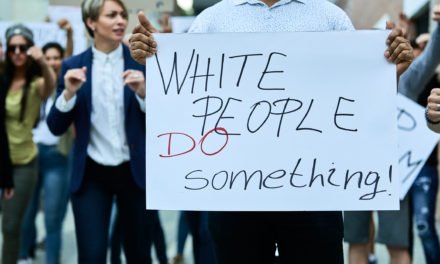
In 2021, Juneteenth became a federal holiday. Juneteenth, also known as African American Emancipation Day, celebrates the date (June 19, 1865) when federal troops arrived in Galveston, Texas, to free the remaining enslaved people in the United States (two and a half years after President Lincoln’s Emancipation Proclamation). Celebrated since the late 1800s and recognized in most US states, the push to make it a federal holiday gained momentum following the protests in response to the murder of George Floyd. Many organizations have since included it as a company paid holiday.
At a time when we are experiencing baseless attacks on critical race theory, and an increased resistance to diversity, equity, and inclusion, especially in K-12 and higher education, acknowledging the history of Juneteenth is important even more now. Books are being banned nationwide in schools for allegedly “not being educational” or accusing them of including “hate messages.” The majority of these books are about marginalized groups. According to the American Library Association, 38% more books were challenged in 2022 compared to 2021. It often only takes a single objection for these books to be removed from library and school bookshelves. Some of the books being banned include children’s books highlighting historical greats like Martin Luther King, Jr. and Rosa Parks, for example. They are not full of hate messages, and they are most certainly educational. Additionally, bills are being pushed to restrict teaching about racism in public schools.
Many institutions of higher learning are eliminating their diversity, equity, and inclusion offices, and excluding topics of diversity and inclusion in coursework or hiring statements, due to largely conservative backed legislation being passed at the state level. These offices are important to institutions because they support historically marginalized communities by creating a sense of belonging that ensures higher enrollment, matriculation, and success rates. Additionally, by hiring faculty and staff that have a knowledge and understanding around diversity, equity, and inclusion, they are more likely to create a safe environment for students and have the ability to bridge across differences.
Acknowledging Juneteenth as a national holiday, forces people to recognize the history of America. A history that is important to understand how America came to be, and how we don’t want her to be in the future. It also allows for Black people and Black students to see their history being acknowledged — which unfortunately, they may not experience often in the classroom.


















